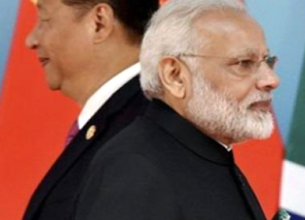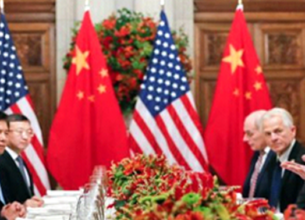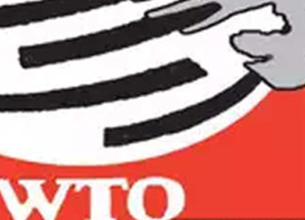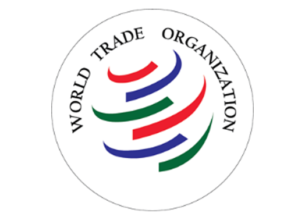Anti-Dumping Duty on Five Chinese Goods
29, Dec 2021
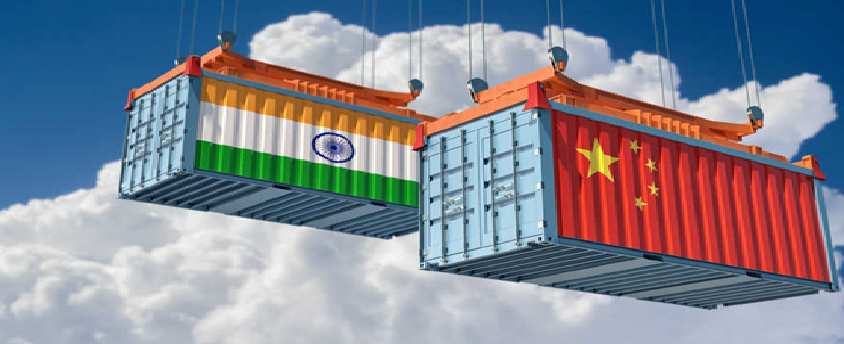
Prelims level : Taxes & Taxation
Mains level : GS-II Bilateral, Regional and Global Groupings and Agreements Involving India and/or Affecting India’s Interests.
Why in News?
- India has imposed anti-dumping duty on five Chinese products, including certain Aluminium Goods and some Chemicals, for Five Years to guard local manufacturers from cheap imports from the Neighbouring Country.
About the News:
- According to Separate Notifications of the Central Board of Indirect Taxes and Customs (CBIC), the duties have been imposed on certain flat rolled products of aluminium; sodium hydrosulphite (used in dye industry); silicone sealant (used in manufacturing of solar photovoltaic modules, and thermal power applications); hydrofluorocarbon (HFC) component R-32; and Hydrofluorocarbon blends (both have uses in refrigeration industry).
- These duties were imposed following recommendations of the Commerce Ministry’s investigation arm, the Directorate General of Trade Remedies (DGTR).
- The DGTR, in separate probes, has concluded that these products have been exported at a price below normal value in Indian markets, which has resulted in Dumping and has suffered material injury due to the dumping.
- India’s exports to China during the April-September 2021 period were worth $12.26 billion while imports aggregated at $42.33 billion, leaving a trade deficit of $30.07 billion.
What is Dumping?
- In international trade practise, dumping happens when a country or a firm exports an item at a price lower than the price of that product in its domestic market.
- Dumping impacts the price of that product in the importing country, hitting margins and profits of local Manufacturing Firms.
What is Anti-Dumping Duty?
- Anti-dumping duty is imposed to rectify the situation arising out of the dumping of goods and its Trade Distortive Effect.
- According to Global Trade norms, including the World Trade Organization (WTO) regime, a country is allowed to impose tariffs on such dumped products to provide a level-playing field to Domestic Manufacturers.
- The duty is aimed at ensuring fair trading practices and creating a level-playing field for domestic producers vis-a-vis foreign producers and exporters.
- While the DGTR recommends the duty to be levied, the Finance Ministry imposes it.
How is it Different from CVD?
- Anti-dumping duty is different from countervailing duty. The latter is imposed in order to counter the negative impact of import subsidies to protect domestic producers.
- Countervailing Duties (CVDs) are tariffs levied on imported goods to offset subsidies made to producers of these goods in the exporting country.
- CVDs are meant to level the playing field between domestic producers of a product and foreign producers of the same product who can afford to sell it at a lower price because of the subsidy they receive from their Government.






